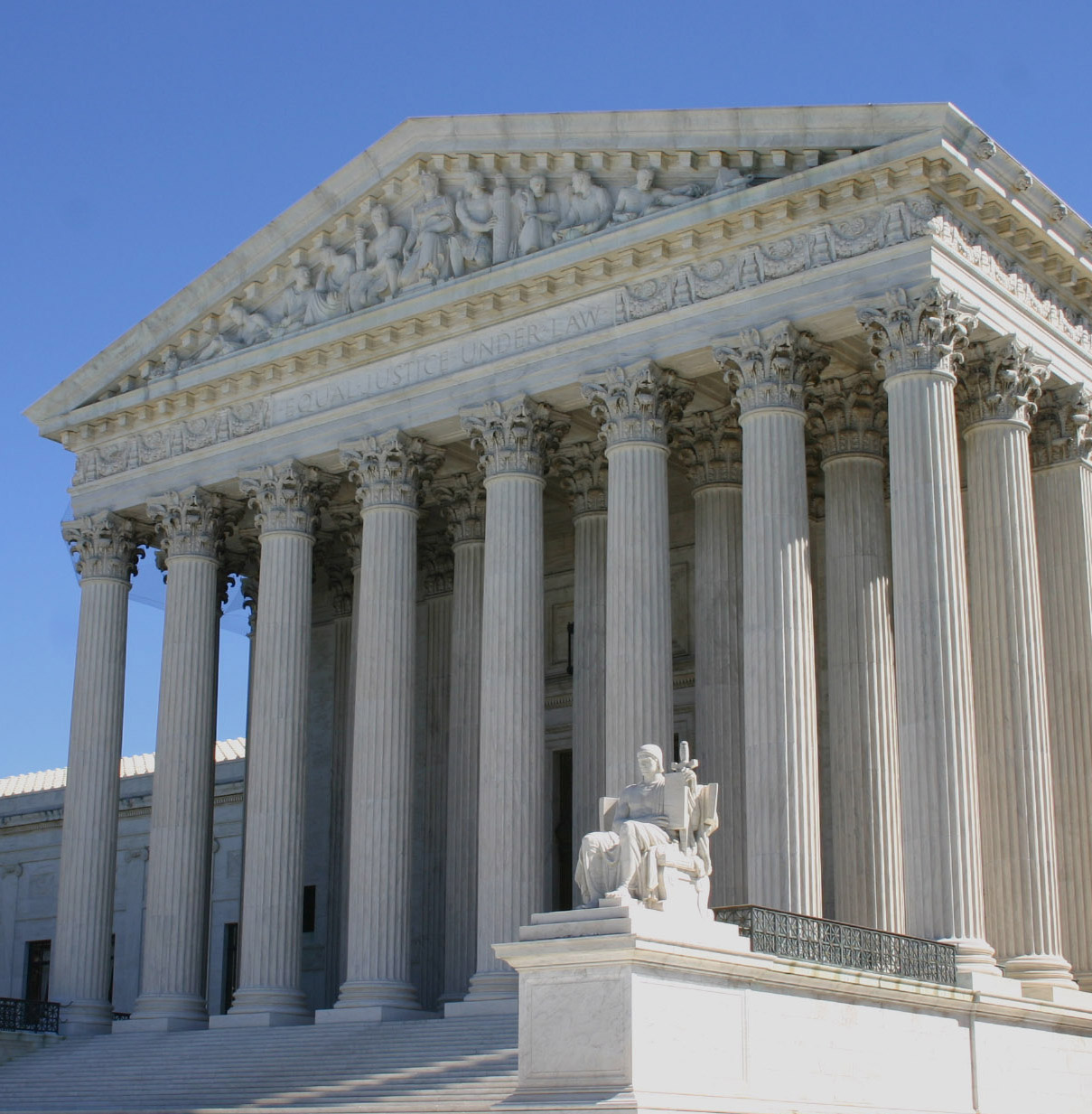On February 22, the U.S. Supreme Court agreed to hear Department of Homeland Security v. New York, a case about whether the U.S. Department of Homeland Security (DHS) violated the Administrative Procedure Act (APA) and federal immigration law when it issued a 2019 rule expanding the definition of those the agency would consider to be a public charge.
When DHS classifies someone as likely to become a public charge, the agency gains ground to deny that person entry into the United States or deny them legal permanent resident status. Opponents of the rule argue that it violated the Administrative Procedure Act (APA) by failing the arbitrary-or-capricious test, which instructs courts reviewing agency actions to invalidate any that they find to be “arbitrary, capricious, an abuse of discretion, or otherwise not in accordance with law.”
DHS defends the rule, arguing that it was within the agency’s broad authority to decide questions of immigration policy. DHS also argued that the states, city, and nonprofit organizations who challenged the rule did not have legal standing to file a lawsuit under the APA.
The U.S. Supreme Court is set to schedule oral argument in the case during its October 2021-2022 term. However, Adam Liptak, writing for _The New York Times_, argued that the case might become moot before the court makes a decision. President Joe Biden (D) has called for review of the DHS rule and may direct the agency to repeal it. If DHS reverses the rule, there may no longer be a live case for the court to resolve.
To learn more about the case or the Administrative Procedure Act see here:
https://ballotpedia.org/Department_of_Homeland_Security_v._New_York
https://ballotpedia.org/Administrative_Procedure_Act
Additional Reading:
- U.S. Department of Homeland Security
- Final rule
- Judicial review
- Standing (administrative state)
- Administrative state
Liptak article:


